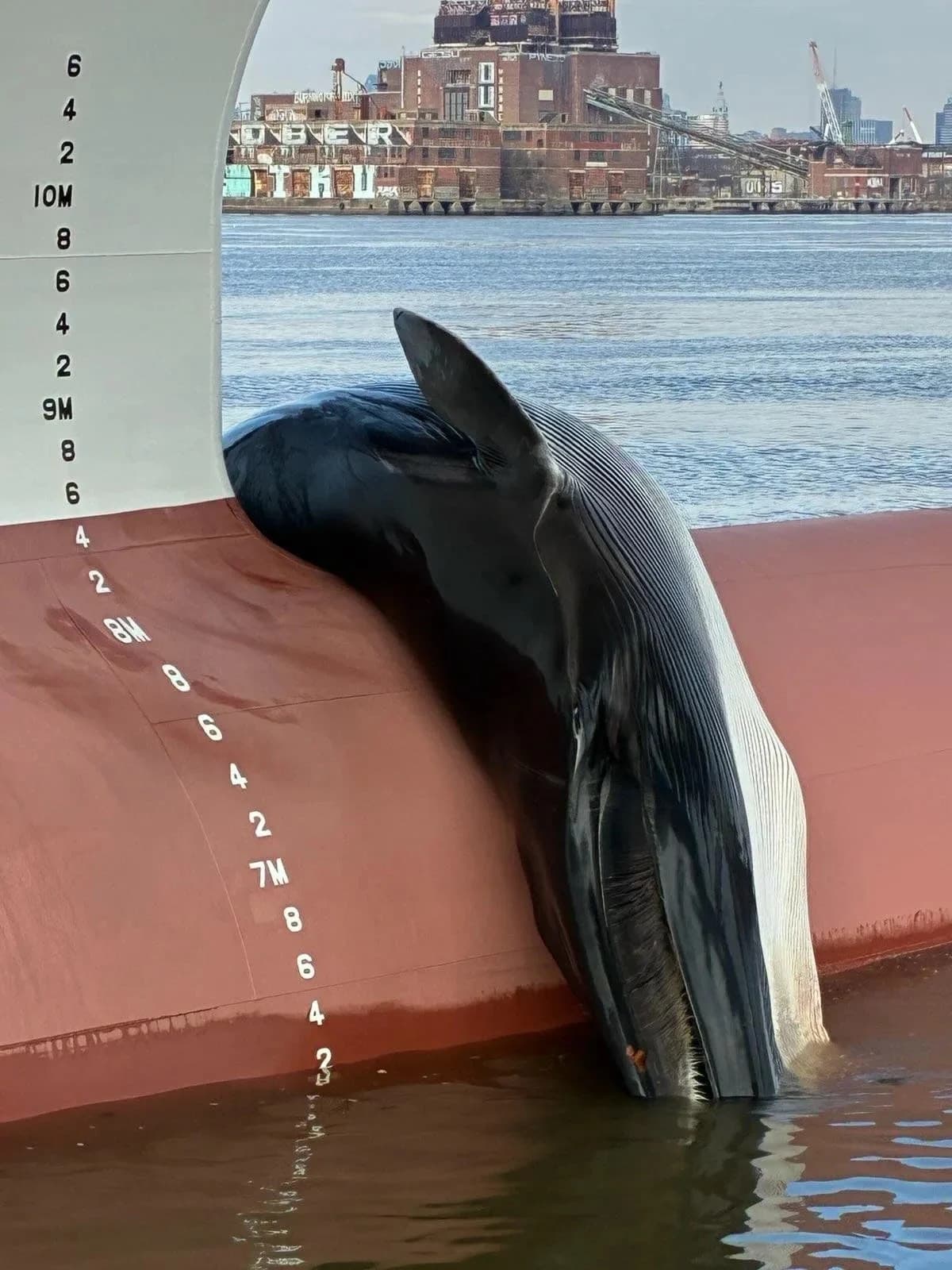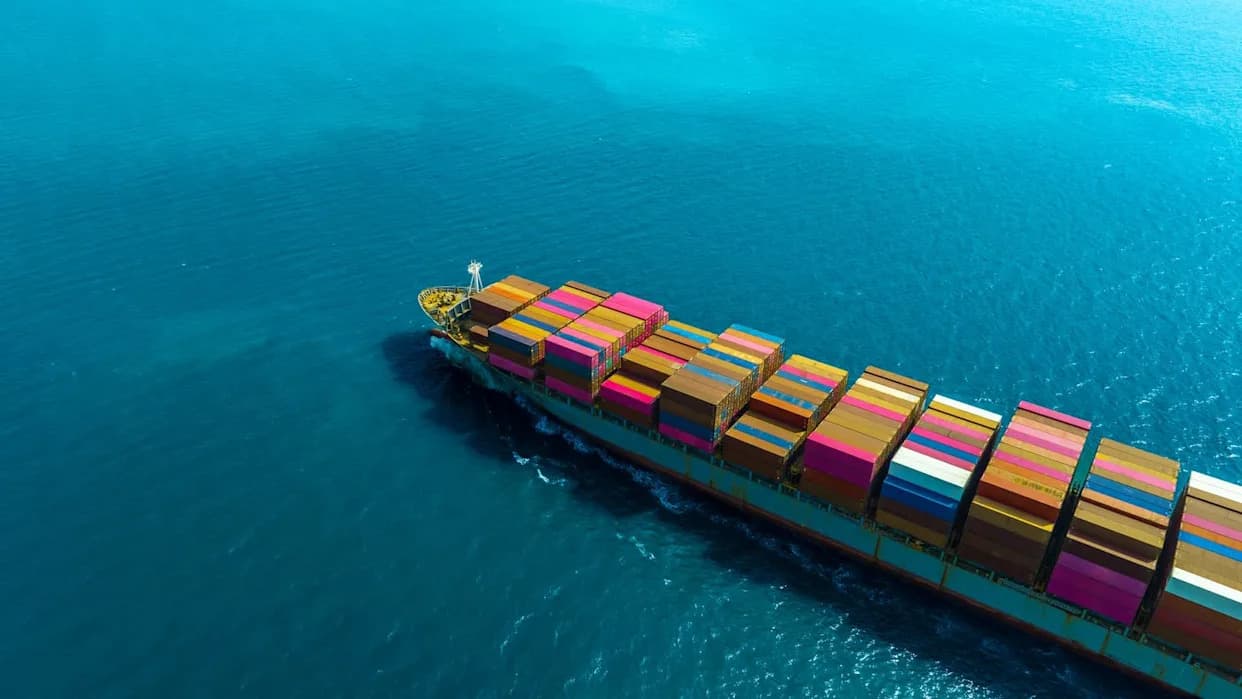A juvenile female humpback whale entangled in crab fishing gear and beached in San Marine, Oregon, will be euthanized after repeated rescue attempts failed. Volunteers and specialists tried to fit a harness and tow the roughly 30-foot, 50-ton whale back to sea, but the animal remained in severe distress. Experts explain that beached whales suffer life-threatening organ compression out of water; a necropsy will follow to determine cause of death and collect samples.
‘Heartbroken’: Beached Humpback Entangled in Crab Gear to Be Euthanized in Oregon

Juvenile humpback stranded after entanglement; euthanasia planned
A massive humpback whale that became stranded on an Oregon beach after becoming entangled in crab fishing gear will be euthanized, officials said. The animal remains alive but is in severe distress as volunteers and specialists worked against the clock to try to save the roughly 50-ton whale, which is beached in San Marine, Oregon.
According to reports from Oregon Live, the whale is a juvenile female under three years old and about 30 feet long. Rescue teams and volunteers attempted to fit a harness and tow the animal back into the surf, but those efforts were unsuccessful.
“It’s a very sad, tragic situation,” said Lisa Ballance of the Marine Mammal Institute at Oregon State University to Oregon Public Broadcasting on Monday. “There’s no way to spin this positively. I know the general public is heartbroken.”
Carrie Newell, a marine biologist with Whale Research Eco Excursions, urged the public to stay away from the site while specialists worked. “The humpback is a wild animal — please, under no circumstances, approach it,” Newell said in a statement. She added that approaching the whale not only endangers people but also increases stress on the animal and hampers rescue efforts.
Experts explained why a beached whale faces so many medical complications: whales are supported by buoyancy in water, and when they are on land their internal organs can be compressed by their body weight, leading to additional injuries and life-threatening complications. Despite the best efforts of rescuers, specialists warned the whale’s chances of survival were slim.
“When an animal comes ashore it’s usually for a reason — often because it cannot survive back out in the ocean,” Ballance said. “There’s really nothing we can do for this individual except give it space.”
Officials said that after the whale dies, scientists will perform a necropsy to determine the cause and collect samples. Ballance described the biological samples from the carcass as “extremely valuable to science,” and said they could help researchers understand causes of entanglement and strandings.
Newell noted that this is the third humpback to wash ashore in just over a month. Humpback whales typically migrate south in the winter to warmer waters off Mexico and Central America to mate and give birth. According to the Endangered Species Coalition, there are an estimated 80,000 humpback whales in the wild today; while overall numbers have rebounded from historic lows, several humpback subspecies remain listed as endangered.
Safety reminder: Members of the public are asked to keep their distance, follow guidance from local authorities, and avoid interfering with rescue and scientific teams on site.
Help us improve.




























